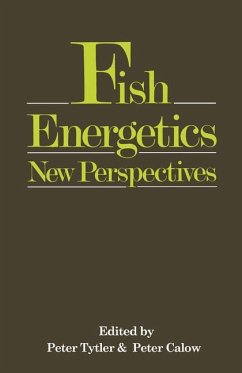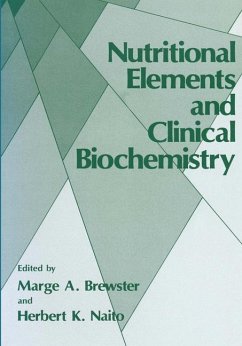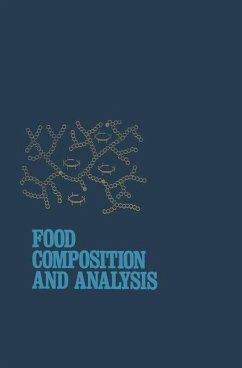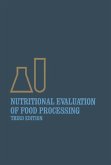It is almost thirty years since Professor G. G. Winberg established the basis for experimental studies in fish energetics with the publication of his monograph, Rate of Metabolism and Food Requirements of Fishes. His ultimate aim was to develop a scientific approach to fish culture and management, and the immense volume of literature generated in the ensuing years has been mainly in response to the demand for information from a rapidly expanding, world-wide aquaculture industry and to the shortcomings of contemporary practices in fisheries management. The purpose of this book is not to review this literature compre hensively, but, assuming an informed readership, to focus attention on topics in which new knowledge and theory are beginning to be applied in practice. Most emphasis has been placed on food; feeding; production (growth and reproduction) and energy budgeting, as these have most influence on the development of fish culture. Some chapters offer practical advice for the selection of methods, and warn of pitfalls in previous approaches. In others the influence of new theory on the interpretation of studies in fish energetics is discussed in the context of resource allocation and adaptation. We hope that the scope of material presented here will have sufficient interest and value to help significantly to fulfil Winberg's original objectives.








